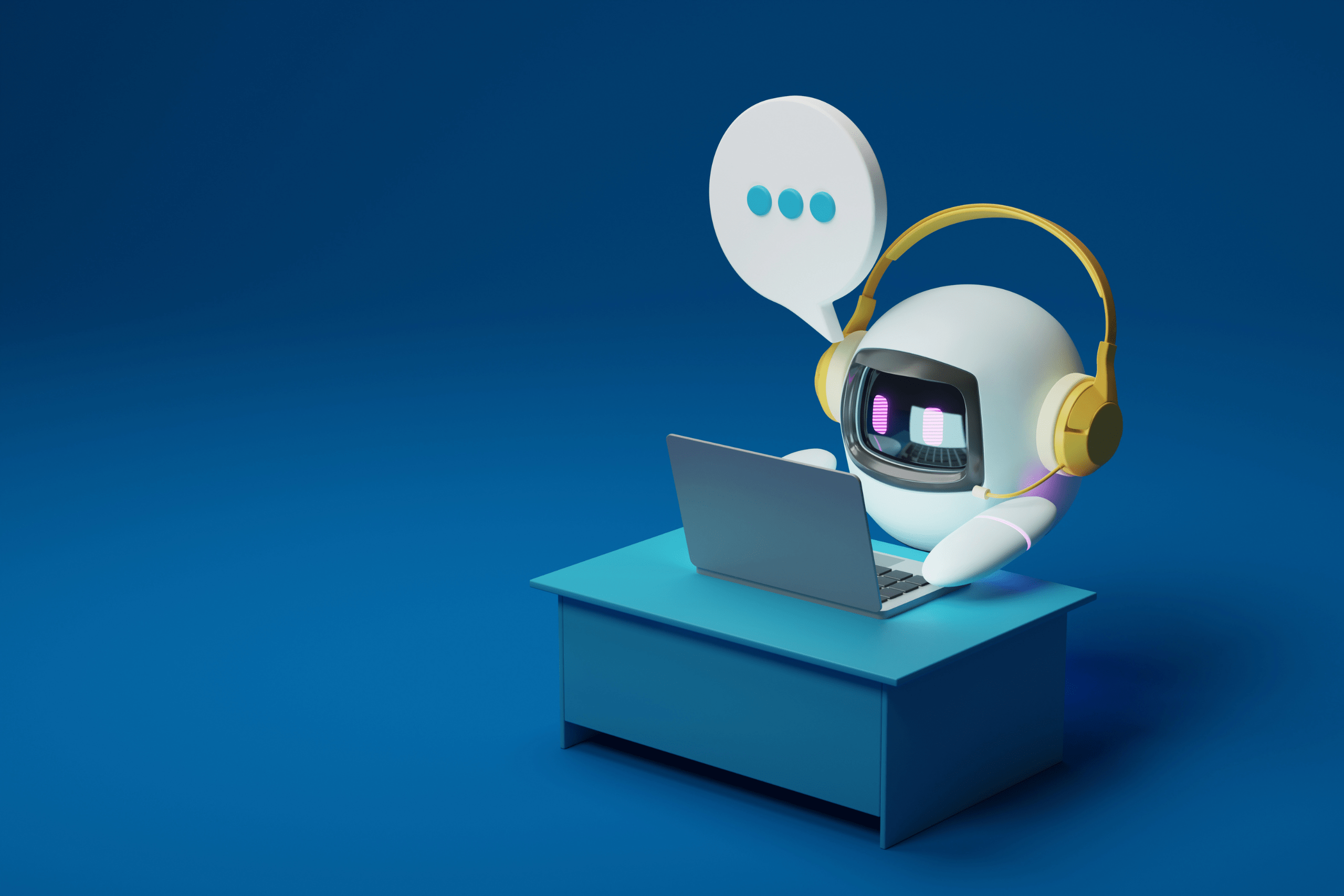Artificial intelligence (AI) is expected to drive significant change in business operations and marketing. However, the concept of using AI in marketing seems to be a double-edged sword amongst marketers.
As the topic of conversation around AI and ChatGPT is at an all-time high, we thought best to get involved and share the pros and cons of this new technology and whether it should be integrated into businesses’ marketing strategies.
What is AI in Marketing?
In marketing, AI can be used to gather insights in customer behaviour and use this information to produce optimised content to help a business achieve its goals. Although approximately 60% of marketers are now implementing AI in their strategies, almost half of marketers are also concerned about data privacy and ethics surrounding AI and 10% do not plan to use the technology whatsoever.
However, with so many AI tools available nowadays, we are all probably using AI in some shape or form, whether we know it or not. For example, social media platforms, search engine advertising, and e-commerce marketing all provide functionality that involves using AI.
The Limitations of AI
Whilst there are some advantages to using AI in marketing, such as fast customer data processing and the ability to further optimise marketing campaigns; we believe the drawbacks far outweigh the advantages. Here are some disadvantages that every business should consider:
AI Cannot Replace Human Connection
Whilst AI can analyse customer data to create more targeted campaigns, it doesn’t allow for human connection. For example, chatbots are becoming more commonly used to help with troubleshooting and customer services. In fact, 89% of people appreciate chatbots for the quick responses. However, unlike humans, they can’t show emotion or empathy in their communications.
Furthermore, chatbots have limited responses and can’t understand every customer’s query. How often have you found that you still need to speak to a person after trying to use the online messaging system? Customers can quickly become frustrated if they don’t get the answer that they’re looking for.
What’s more, i’s been found that 53% of customers have stopped purchasing from a brand after a single bad experience. As such, it might not be worth taking the risk. Good customer service is essential if you want to retain your customers for the long term, so it’s important to not rely on AI when it comes to speaking with your audience.
Lack of Creativity
AI tools can be used in certain areas of marketing; however, people are still required to brainstorm fresh ideas to create innovative content strategies to attract their target audience. For instance, in social media and content marketing, consumers are most engaged with valuable content that they can relate to on a personal level and build a connection with. AI generated content tends to struggle in this regard as it can come across too distant and disingenuous.
Data Privacy Concerns
For AI to collect insights from your marketing campaigns, it needs to store and analyse a considerable amount of data. Hence, it’s no surprise that many people are worried about breaches in security and data privacy.
Digital marketing teams need to ensure the data is gathered ethically and maintain compliance with GDPR at all times. Unless your AI tools are specifically programmed to meet legal guidelines, there is a chance that you could be overstepping the boundaries. To avoid breaching compliance measures, you must be transparent with your audience and offer full disclosure about how you collect and process their data, allowing them to decide whether they would like to proceed.
Poor Quality Content
It’s not uncommon for AI generated content to be inaccurate or biased. After all, it relies on timely and highly accurate data to ensure it works as best as possible. This is why it’s essential that a human is involved to check that the content will be perceived by your target audience in the intended manner with the correct tone and that there are no factual errors.
Plagiarism
Another problem with using AI in marketing is the risk of plagiarism. The technology draws information from written articles and visuals from the internet to create a new piece for your brand. However, these could be under copyright protection, meaning your content and designs could be breaching violations without knowing it. Not to mention, plagiarism will hurt your SEO value too.
Absence of Brand Voice
Whilst AI is fast, it lacks the creativity and experience of professional copywriters and graphic designers. Ultimately, the goal of any marketing strategy is to encourage your target audience along the buyer journey; from the brand awareness stage to taking an action and converting into a customer. Unfortunately, AI doesn’t fully understand your target audience and their pain points. Moreover, it also doesn’t know what encourages them forward along the marketing funnel.
Contact VerriBerri
Technology is constantly evolving and we’re not denying the advantages that AI in marketing can offer. However, none of the advances in AI can replace the need for human connection and creativity in marketing for brands.
Established in 2009, VerriBerri is a multi-award-winning, full service digital marketing agency who have helped countless brands over the years. We’ll take time to learn more about your business to develop a bespoke marketing strategy to help your brand succeed.
If you’re looking for professional guidance, get in touch today by calling us on 01376 386850. You can also click here to reach us! We look forward to working with you!

